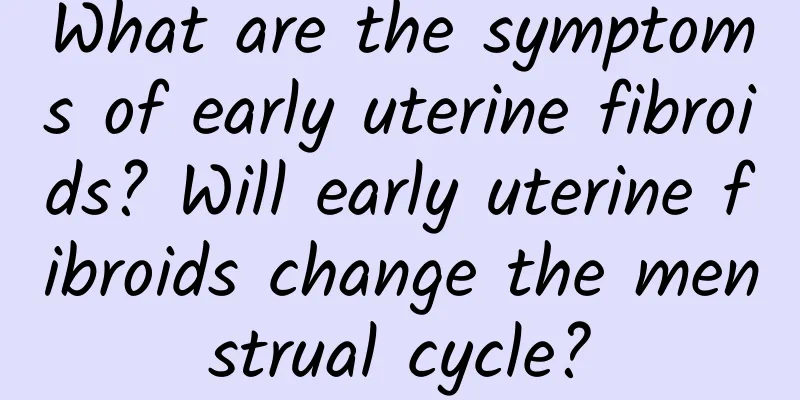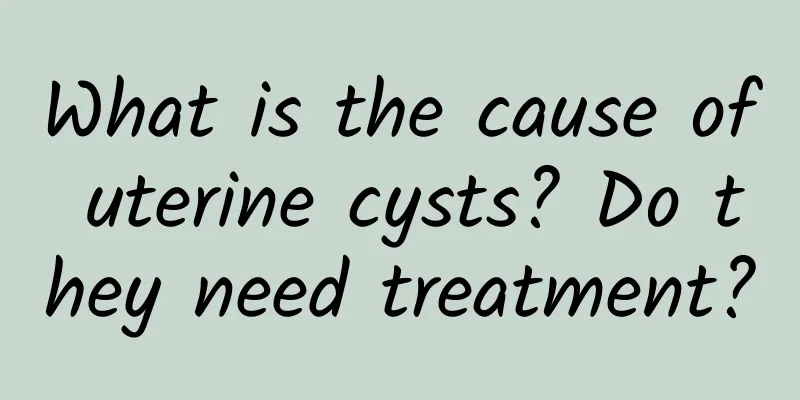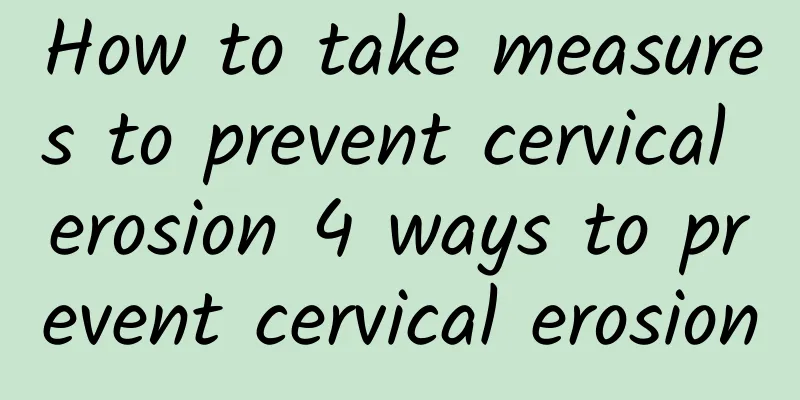What are the symptoms of early uterine fibroids? Will early uterine fibroids change the menstrual cycle?

|
Although uterine fibroids are just benign tumors caused by the proliferation of uterine smooth muscle tissue, complications or malignant changes may occur. Generally speaking, about 0.5%-1% of uterine fibroids become malignant sarcomas. These patients are usually older. Doctors remind that with the increase in unmarried sexual behavior, the incidence of women around 30 years old increases, so regular gynecological examinations should start at the age of 30, not just after marriage. If women experience abnormal phenomena such as irregular menstruation, increased menstrual volume, prolonged menstruation, irregular vaginal bleeding, lower abdominal pain, increased leucorrhea, or feel a lump in the lower abdomen, they should go to the hospital for further examination immediately to prevent the rapid growth and degeneration of uterine fibroids. Uterine fibroids are common benign tumors in the female reproductive system, mostly seen in women aged 30-50. Their occurrence is related to excessive estrogen and long-term stimulation (such as recurrent miscarriage), and most of them can be detected early. If a woman has the following five conditions, she should be alert and go to the hospital for further examination and diagnosis. (1) Menstrual changes. If your normal menstrual cycle changes, such as increased menstrual blood volume, prolonged menstruation, or irregular menstruation, this is something to consider. (2) Pain. Most patients with uterine fibroids do not feel pain, but a few may experience lower abdominal pain after fibroid infection or uterine deformation. (3) Lumps. The lump may be felt in the lower abdomen, especially when the bladder is full of urine. (4) Pressure. Most patients with uterine fibroids do not feel anything. However, if the fibroid is located low, even if the tumor is not large, it can compress adjacent organs such as the bladder, causing difficulty in urination; if it compresses the rectum, defecation becomes difficult; and if it compresses the ureter, symptoms such as back pain may occur. (5) Infertility: A small number of patients with uterine fibroids may suffer from infertility because the uterus is deformed, which is not conducive to the implantation of the fertilized egg. If you find 1 or 2 of the above phenomena, you should go to the hospital as soon as possible for further diagnosis and treatment. |
>>: Specific symptoms of uterine fibroids What is the best thing to eat if you have uterine fibroids
Recommend
Are uterine fibroids related to mood?
Are uterine fibroids related to mood? 1. Uterine ...
What are the precautions after abortion? Pay attention to these 4 points
If you are not careful during pregnancy or do not...
To maintain a slim and healthy body, you must first establish a correct diet concept
Summer vacation is here, and it is a great time t...
Building beautiful breasts is not difficult at all! Preparing a plastic bottle can improve shoulder hunchback and straighten the thoracic spine
Chapter 2 Before Bimune Method Preparation for be...
The harmfulness of severe cervical precancerous lesions
Cervical precancerous lesions often occur and are...
Introduction to surgical treatment of ectopic pregnancy
The treatment of ectopic pregnancy must be done a...
Some points to pay attention to when performing artificial abortion
Artificial abortion is not necessarily caused by ...
Pelvic inflammatory disease seriously endangers women's health
Experts say: The most serious impact of pelvic in...
Cervical erosion is closely related to sexual life
Cervical erosion is more common in married women ...
Hu Gua got up and started jogging and successfully lost 14 kg
Variety show big brother Hu Gua has been actively...
You don’t have to starve to lose weight! Eating this way reduces fat absorption
"Women" refer to humans who are classif...
How to treat thin endometrium and premature ovarian failure?
Treatment of thin endometrium and premature ovari...
Some knowledge related to the clinical etiology of vaginitis
Understanding the causes of vaginitis can help pa...
What tea to drink for uterine adnexitis
Patients with adnexitis can drink teas with anti-...
What are the dangers of cervical hypertrophy?
Cervical hypertrophy is very harmful to women, an...









